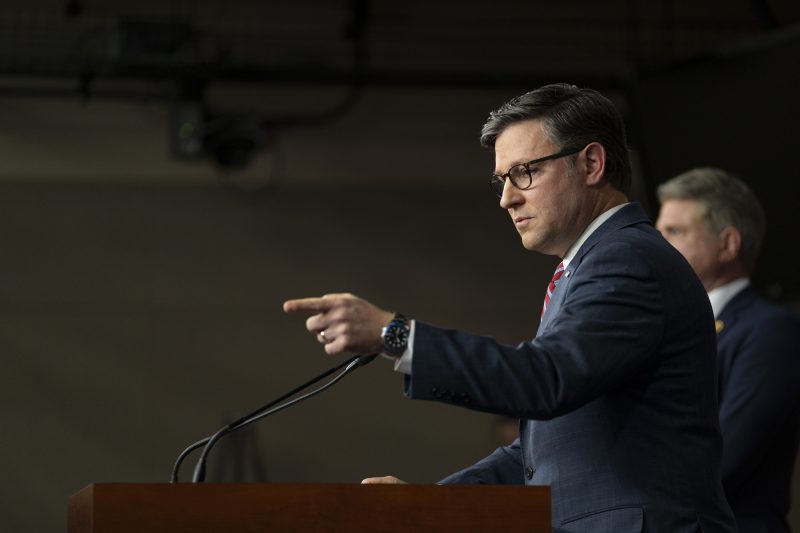House Republicans Grapple with Budgeting Issues
The inability of house Republicans to effectively manage and fund the government has been a source of frustration and concern for many Americans. Despite multiple opportunities and efforts to address the issue, it seems that the party continues to struggle in this area. The reasons behind this persistent problem are complex and multifaceted.
One of the primary challenges that house Republicans face in funding the government is the lack of consensus within the party itself. The divide between moderate and conservative factions has made it difficult for the party to come together on a unified budgeting strategy. This internal discord has led to disagreements and delays in the budgeting process, hindering the timely allocation of funds for important government programs and services.
Moreover, the influence of special interest groups and lobbyists within the Republican party has further complicated budget negotiations. These groups often prioritize their own agendas over the needs of the general public, making it challenging for house Republicans to make decisions that are in the best interest of the country as a whole. This dynamic has contributed to the party’s struggle to allocate funds efficiently and effectively.
Additionally, the shifting political landscape and partisan polarization in Congress have created further obstacles for house Republicans in managing the government’s finances. In an era where compromise and bipartisanship are increasingly rare, the party has found it difficult to secure the support needed to pass budget legislation. This gridlock has led to numerous budgetary standoffs and government shutdowns, further undermining the party’s credibility and ability to govern.
Furthermore, the lack of long-term planning and strategic vision among house Republicans has also played a significant role in their budgeting challenges. Without a clear roadmap for addressing the country’s fiscal needs and priorities, the party has struggled to make meaningful progress in funding the government. This short-sighted approach has led to a series of temporary fixes and stopgap measures, rather than sustainable budget solutions.
In conclusion, the persistent inability of house Republicans to manage and fund the government stems from a combination of internal divisions, external influences, political polarization, and lack of strategic planning. Addressing these underlying issues will be essential for the party to overcome its budgeting challenges and effectively fulfill its responsibilities to the American people. Only through cooperation, transparency, and a commitment to serving the public interest can house Republicans hope to regain the trust and confidence of the nation.

